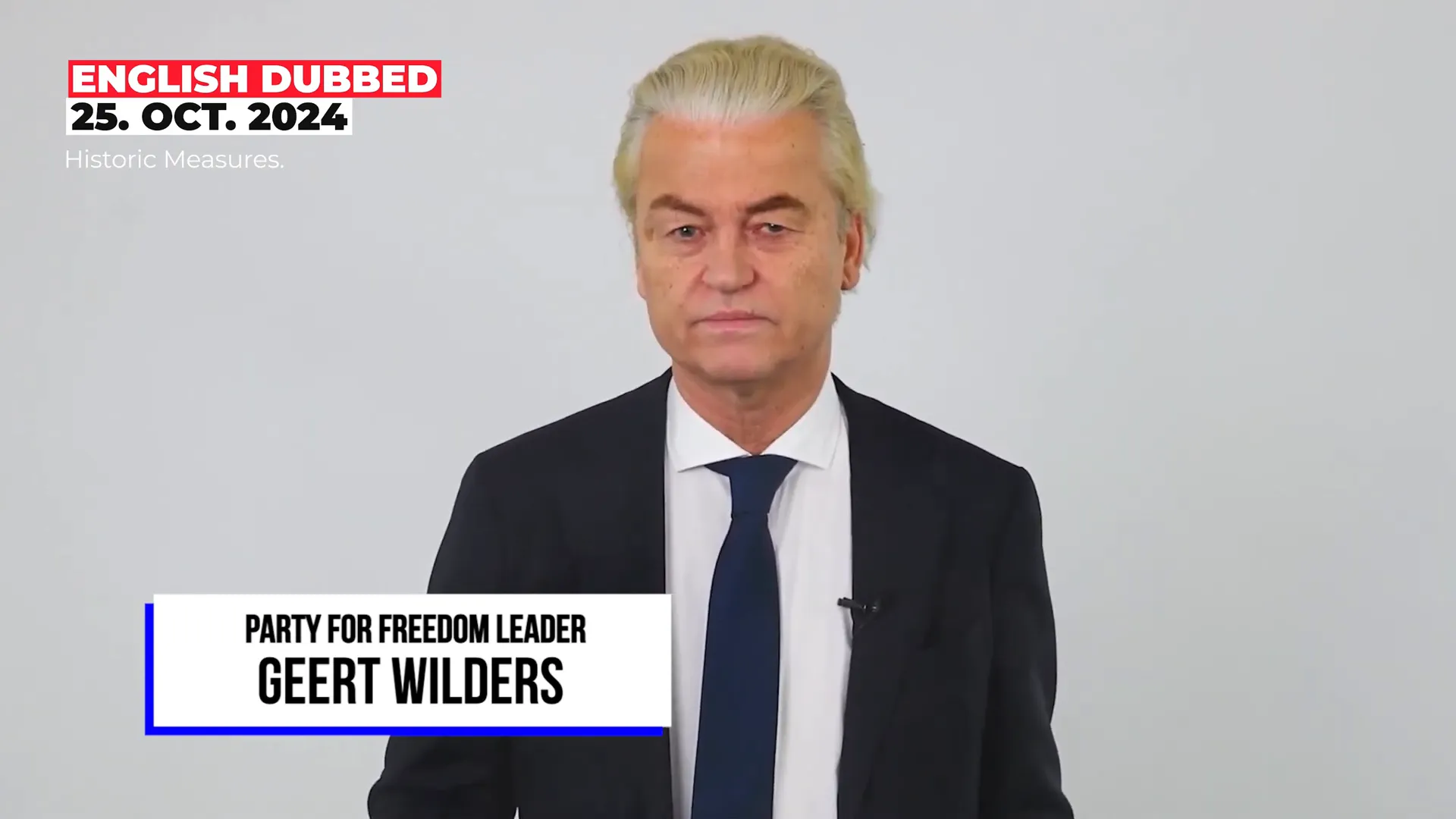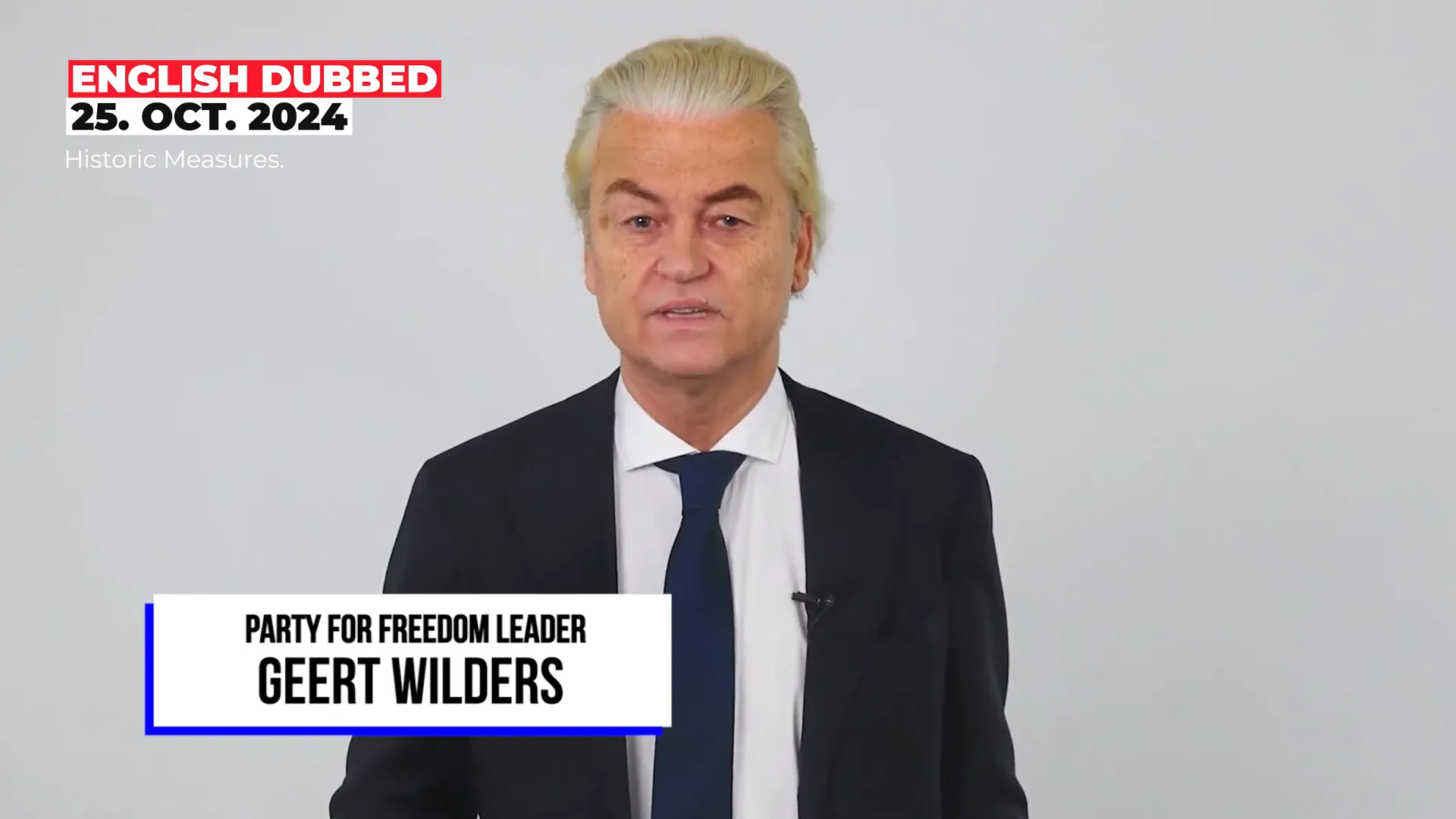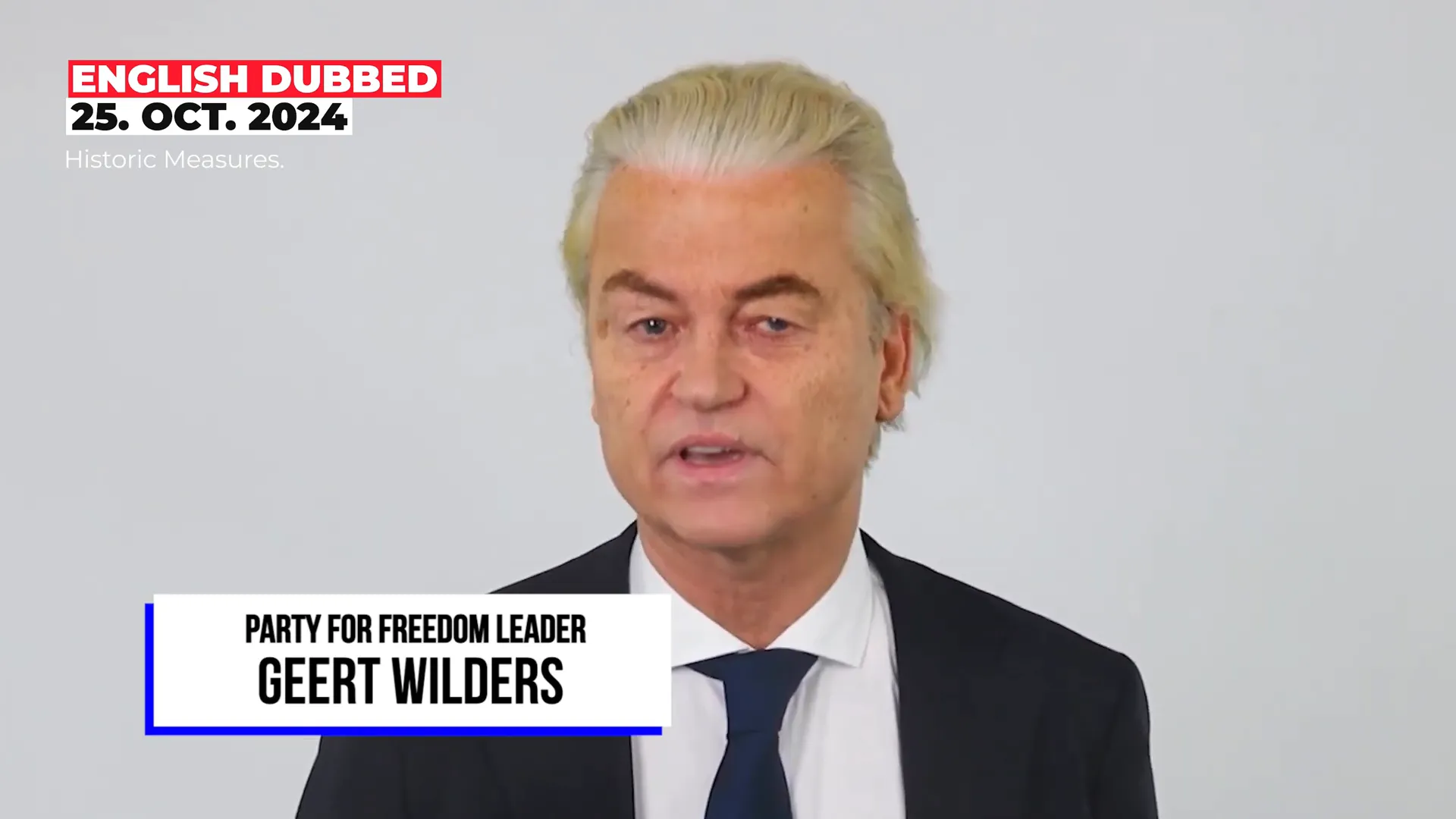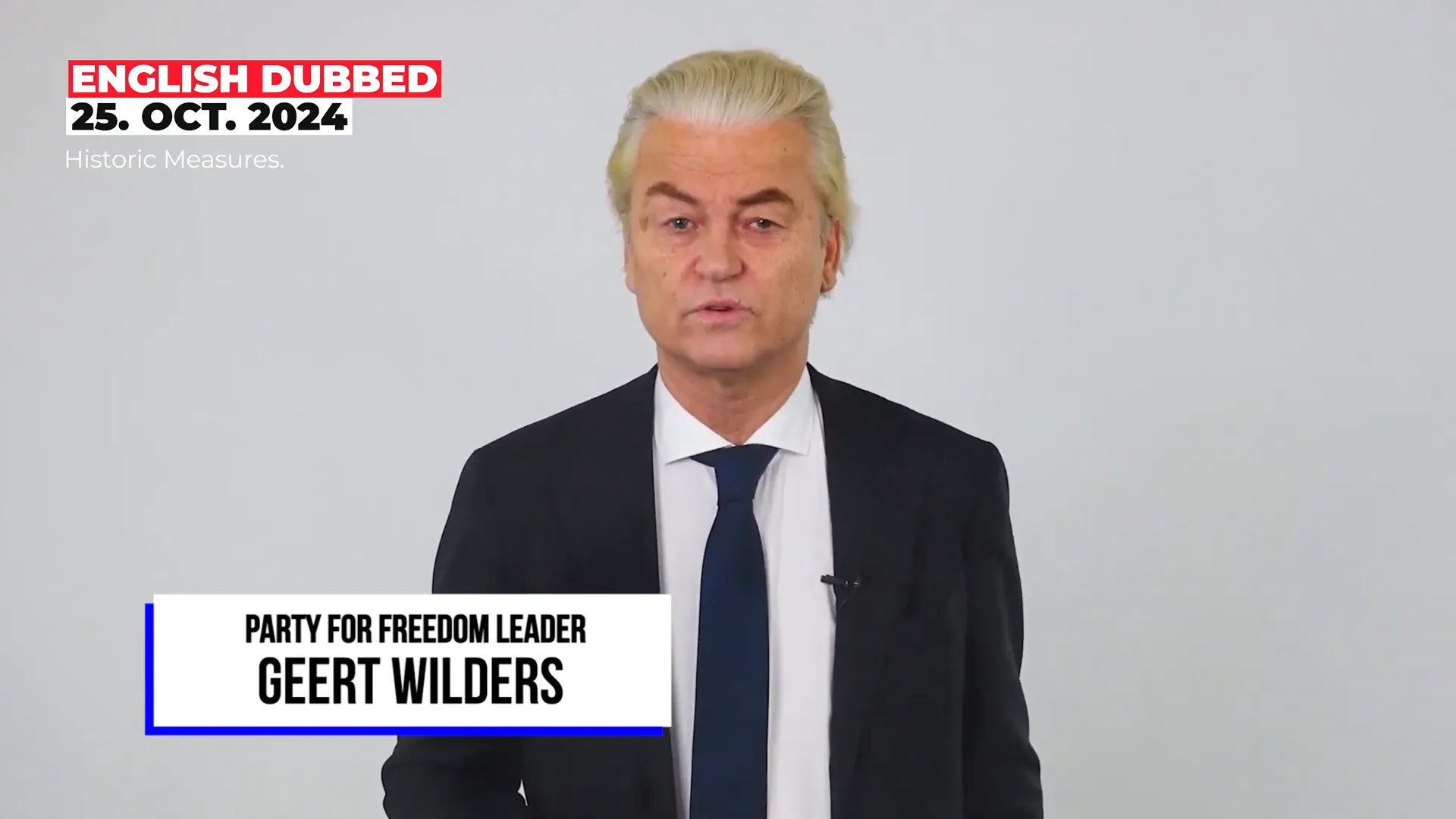The current Dutch government has announced what is being described as the strictest asylum policy the nation has ever seen. The policy change has been prompted by mounting political concerns about immigration generally and asylum seekers, especially from Syria in particular. Here are the details of the new policy, what it means for asylum seekers, and the wider context of Flanders and Europe.
Overview of the New Asylum Policy
Earlier this month, the Dutch cabinet headed by Geert Wilders’ extreme right-wing Party for Freedom (PVV) formulated a plan containing several measures introducing further restrictions for immigration and changing asylum in the Netherlands. This rather ambitious agenda reflects the outcome of weeks of negotiations between the coalition parties and clearly signals a new immigration agenda.

Implementation of Border Controls
But one of the swiftest shifts will be the implementation of new border controls that will come into effect at the end of this month. These rules provide for return of foreigners without the right to stay in the Netherlands to Germany and Belgium if they are caught at the border, or if they have applied for asylum in another country. The measure is meant to discourage people from entering the country illegally and from lodging asylum applications while illegally present.
Reversal of the Spreading Law
Another significant part of the policy is that the so-called ‘spreading law’ – which made the Netherlands a sort of mega-asylum centre that required municipalities to take in asylum-seekers – will be repealed. As a result, municipal authorities will no longer face legal obligations in relation to status holders, enabling more local control over housing.

Temporary Residence Permits
Residence permits for asylum seekers will be temporary: valid for no longer than three years instead of the unlimited term as at present, and extendable only on a case-by-case basis. Temporary allows their status to be periodically reviewed; permanent might allow asylum seekers to settle. Unmarried partners and adult children will not be permitted to join those who do stay. Dutch citizens must come first.
Focus on Syrian Asylum Seekers
Syrians are the single largest group of asylum-seekers in the Netherlands, and the new policy as whole is directed primarily at them. Under the new policy, Syrians from safe areas will no longer be granted permits to remain in the Netherlands. They will have to return home to Syria once the situation allows this. Unlike previous policies, the new one does not impose lenient rules on the treatment of Syrian asylum-seekers.

Historical Significance of the Policy Changes
As Geert Wilders has said of these measures, this is ‘historic’. The new line on asylum and immigration in the Netherlands is now, officially, a hard line. The government seems to have a lot of faith in the new policy, seeing no need to wait until Parliament gives the legislation a vote of confidence, which is generally the rule before emergency laws take effect. The government is instead considering an exceptional situation in which it has emergency powers to implement new legislation, even if that law has not gained the confidence of the Parliament.
Political Context and Coalition Dynamics
It comes at a time when political change within the Netherlands has been set against a broad tide of right-wing populism, with the PVV growing in influence and its leadership eager to deliver on promises around immigration and asylum to the voters who put them in parliament in the first place. The ruling coalition, of which it is a part, has been working enthusiastically to turn these measures on to paper and into practice as quickly as possible.

Implications for Dutch Society
It’s a policy that could affect asylum seekers and Dutch society more broadly for years to come. Some view the hardline measures as a recipe for terrible conditions. The revocation of status holders’ priority for rental properties and the mandate for more basic housing arrangements reflect a change in how the government feels it should treat asylum seekers.
Community Reactions
Reactions from community organisations and advocacy groups have been mixed, though many have welcomed tougher immigration controls. Others have questioned the humanitarian implications of the new policy, which highlights the political tensions inherent in the Dutch approach to balancing national and human security.
Conclusion
The Netherlands is preparing to implement the strictest asylum policy in its history. In the coming months, it will be seen whether these measures work, and crucially, at what human cost.
For further insights on related topics, check out this video on the evolving landscape of European immigration policies.
